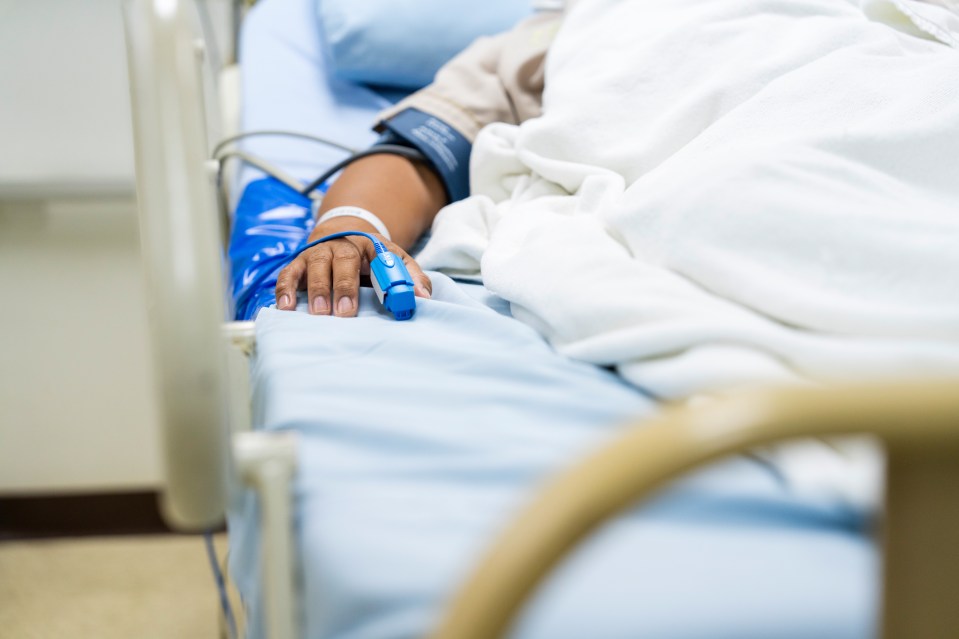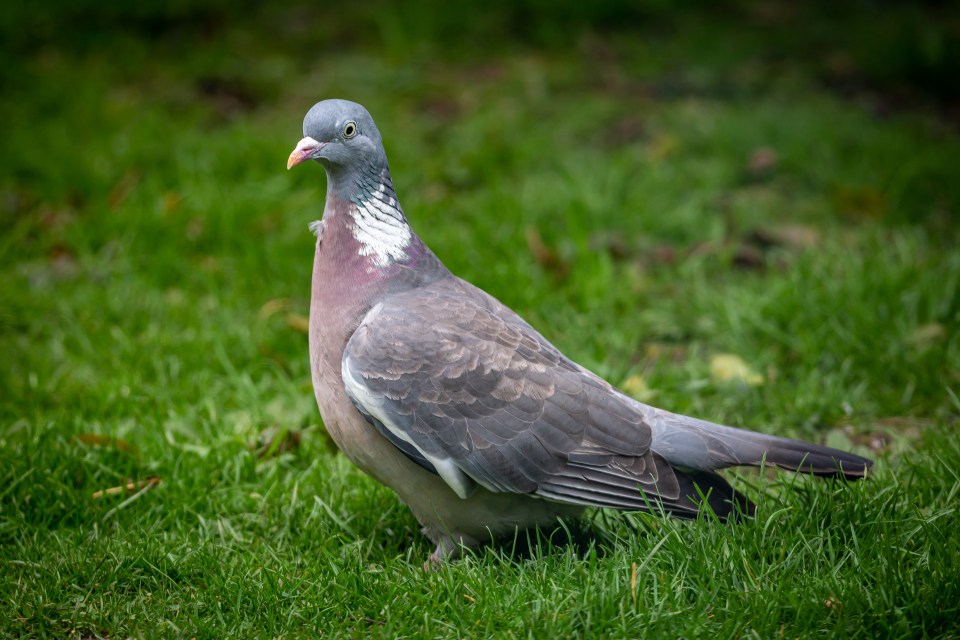A YOUNG man was diagnosed with psittacosis – also known as ‘parrot chlamydia’ – after accidentally inhaling chicken poop.
The 26-year-old arrived at a hospital in China in January 2023, suffering from a cough that had lasted six days and a persistent high fever.
Doctors handling his case initially suspected the man from Zhejiang Province had a run-of-the-mill respiratory infection, but a chest scan revealed something more serious.
His lungs were filled with “ground-glass opacities”, a hazy pattern that usually shows up in people with viral pneumonia or Covid.
Despite treatment with standard antibiotics, his condition only got worse.
Tests on a lung sample found he had psittacosis – also called parrot fever – caused by chlamydia psittaci bacteria.
Read more on parrot fever
The chlamydia that causes psittacosis is not the same as the sexually transmitted chlamydia. They’re just part of the same bacterial group.
It is a flu-like illness caused by contact with infected birds that can leave people suffering with severe pneumonia or brain and heart inflammation.
In this case, the man had been exposed to chicken poo prior to symptom onset.
“The patient kept more than 10 pigeons and had mistakenly inhaled chicken manure before symptom onset,” the medics treating him wrote in the BMC Infectious Diseases.
Once diagnosed, his treatment was adjusted to include appropriate antibiotics, specifically: omadacycline and azithromycin.
Within two weeks his cough had “completely resolved” and a CT scan suggested his lungs were improving, the medics wrote.
Austria, Denmark, Germany, Sweden and The Netherlands have all seen a sudden increase in parrot fever infections last year the World Health Organisation (WHO) previously warned.
“Psittacosis pneumonia should be considered in patients with the RHS and histories of contact with poultry or other birds,” the authors concluded.
“The early diagnosis of the disease and proper adjustment of medication to reduce its severity are critical.”
Symptoms of parrot fever tend to be mild and can resemble the flu, with sufferers experiencing fever and chills, headache, muscle aches and dry cough.
But left untreated, the illness can progress to severe pneumonia, inflammation of the heart called endocarditis, hepatitis and even brain swelling, according to the Centers for Disease Control and Prevention (CDC).
Prompt antibiotic treatment is needed to avoid complications from psittacosis, the World Health Organisation says.
What are the symptoms of psittacosis?
PSITTACOSIS is a respiratory infection caused by the bacteria Chlamydophila psittaci found in birds.
Most people begin developing signs and symptoms within five to 14 days after exposure to the bacteria, according to the Wold Health Organisation.
Prompt antibiotic treatment is effective and can help avoiding complications such as pneumonia.
With appropriate antibiotic treatment, psittacosis rarely results in death, with less than one in 100 cases being fatal.
Symptoms of parrot fever include:
- Fever and chills
- Headache
- Muscle aches
- Dry cough
Though most people treated for parrot fever make a full recovery, some have serious complications and need hospital care.
These include:
- Pneumonia (lung infection)
- Endocarditis (inflammation of the heart valves)
- Hepatitis (inflammation of the liver)
- Inflammation of the nerves or the brain, leading to neurologic problems
Symptoms of psittacosis are similar to many other respiratory illnesses and tests to detect the bacteria directly may not be readily available.
For these reasons, doctors may not suspect it, making psittacosis difficult to diagnose.
You should tell your GP if you get sick after buying or handling a pet bird or poultry.













